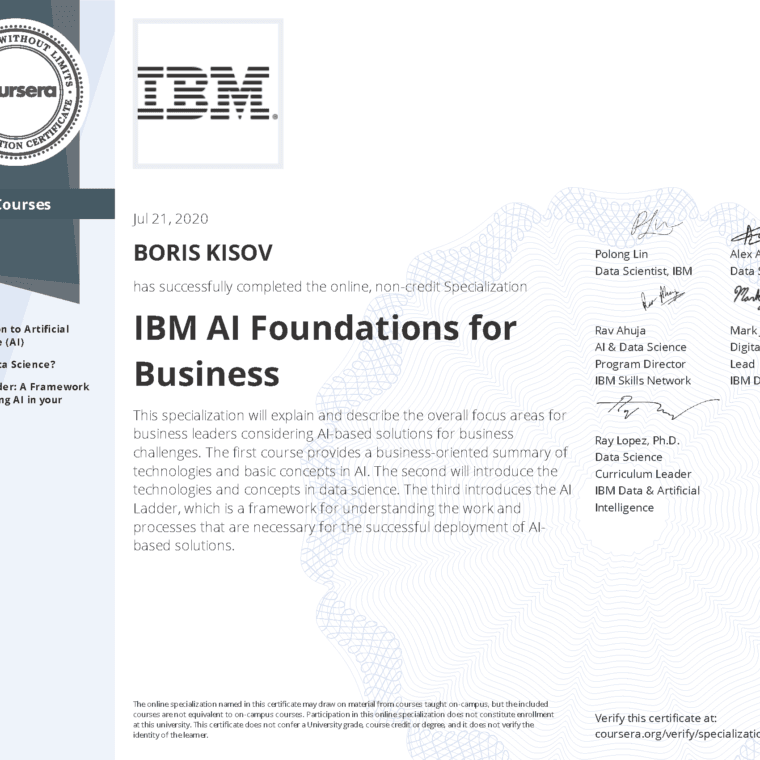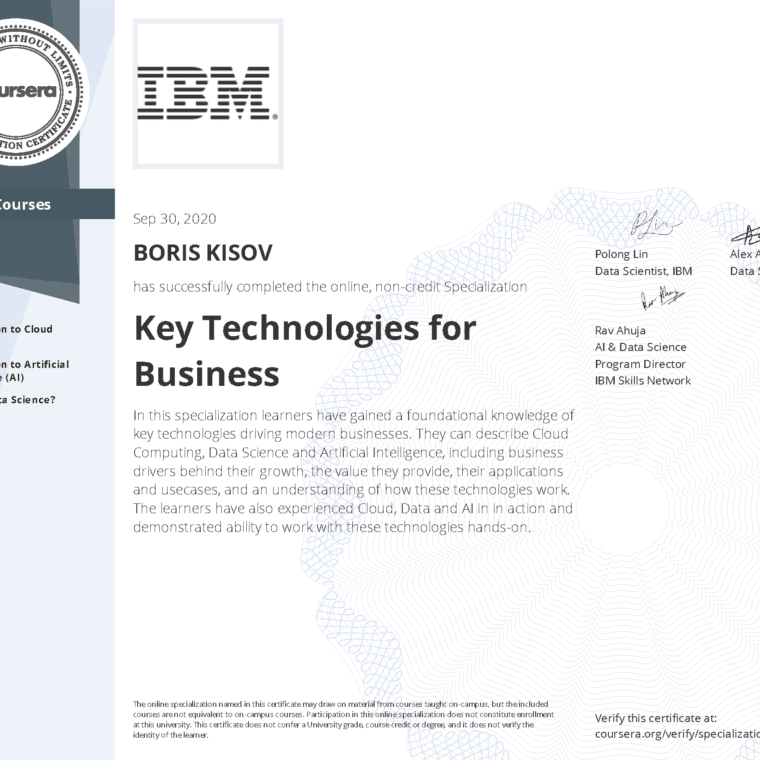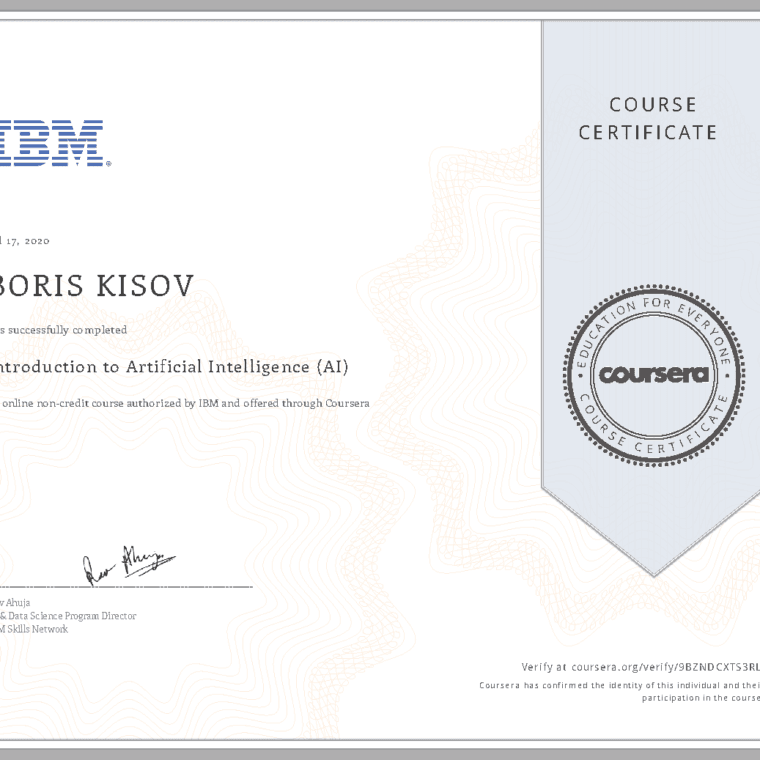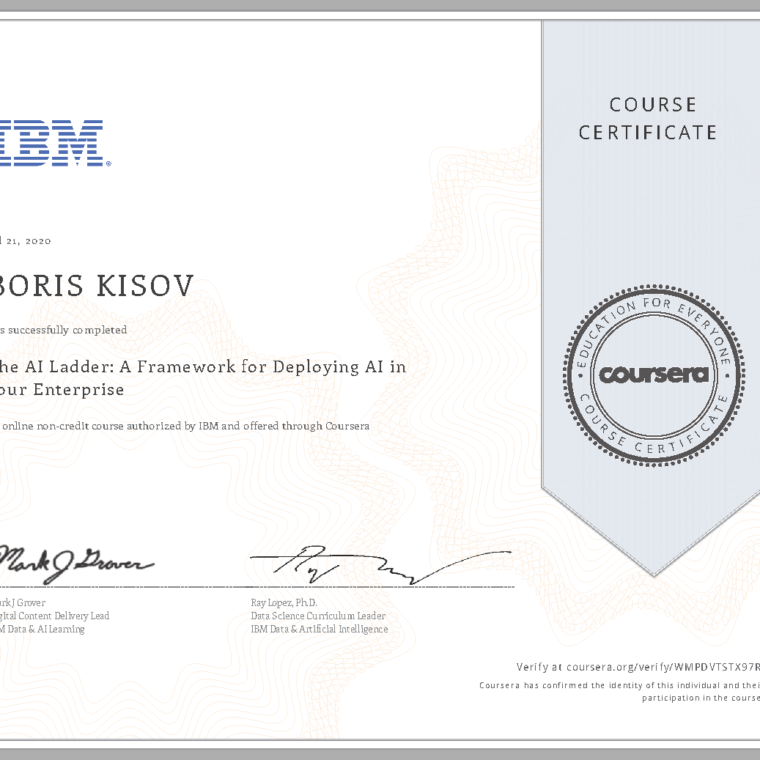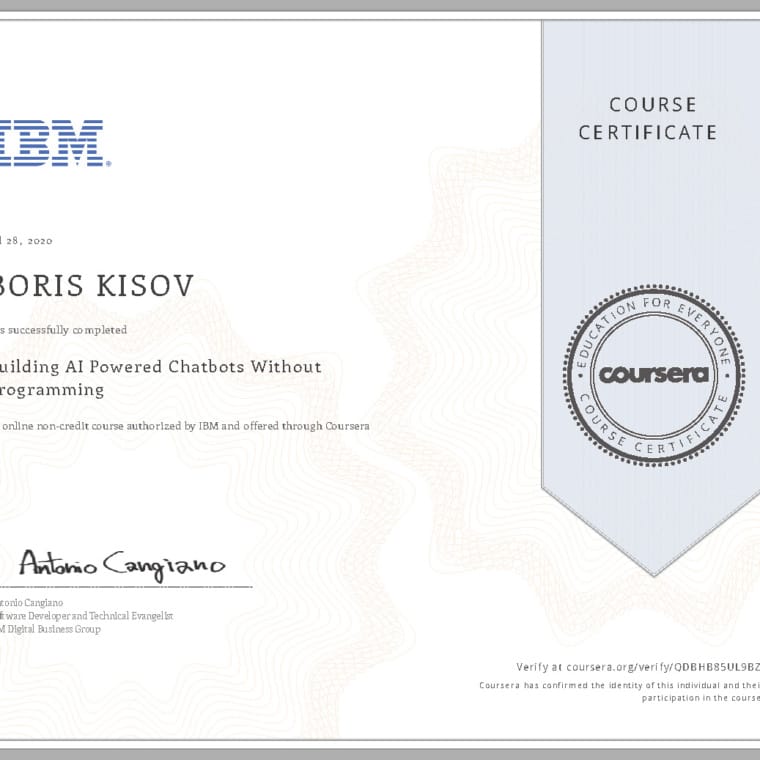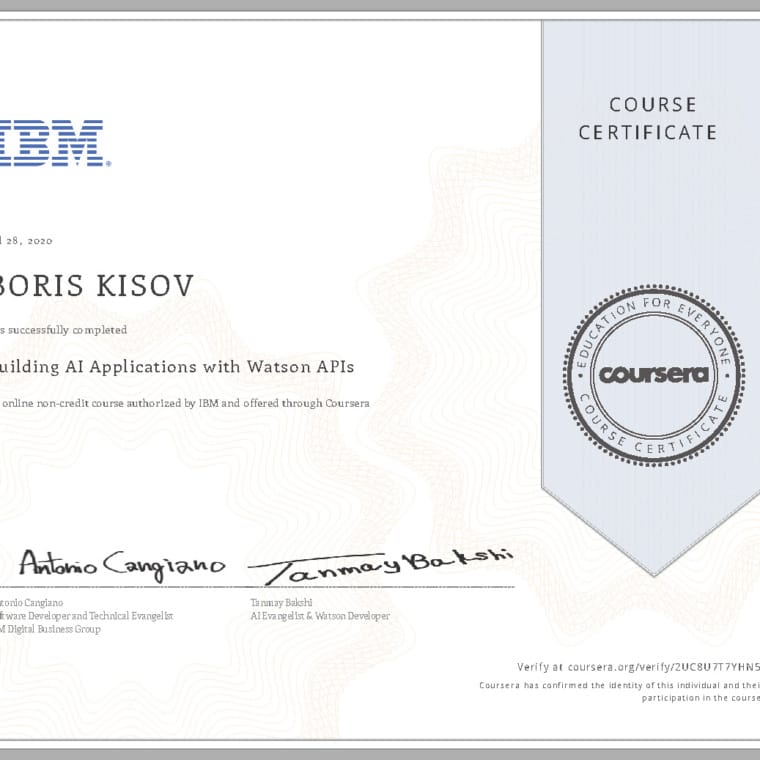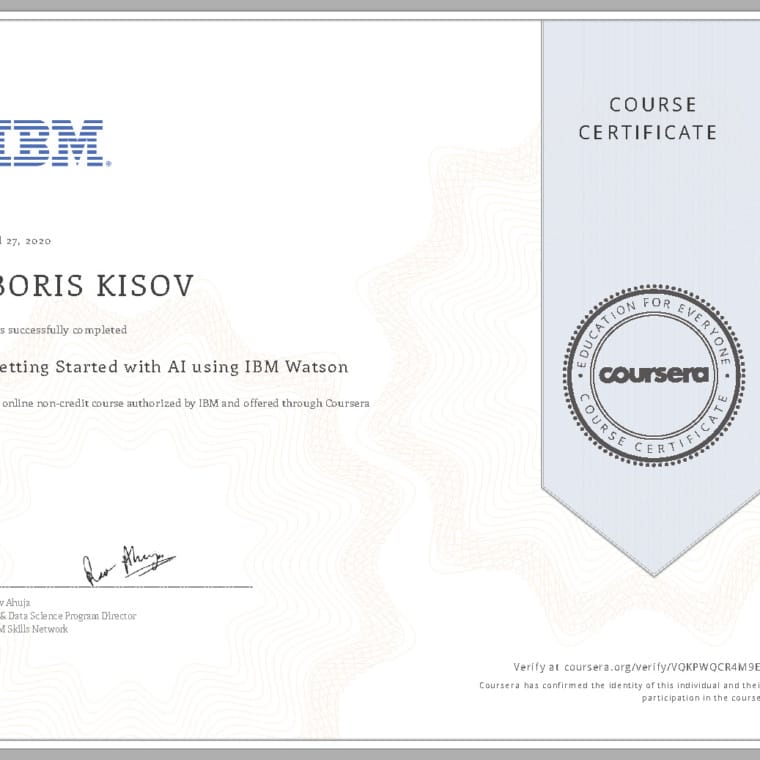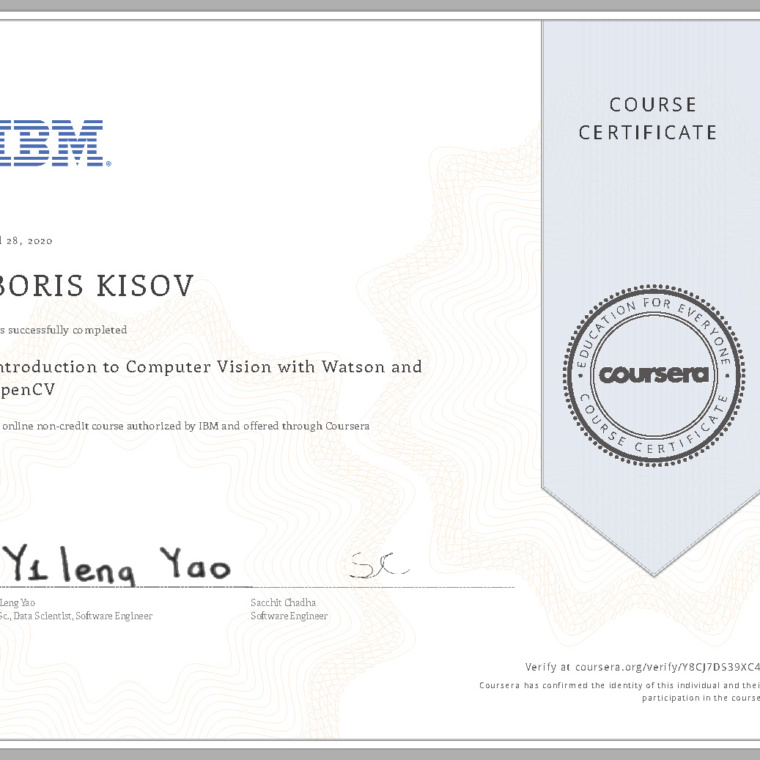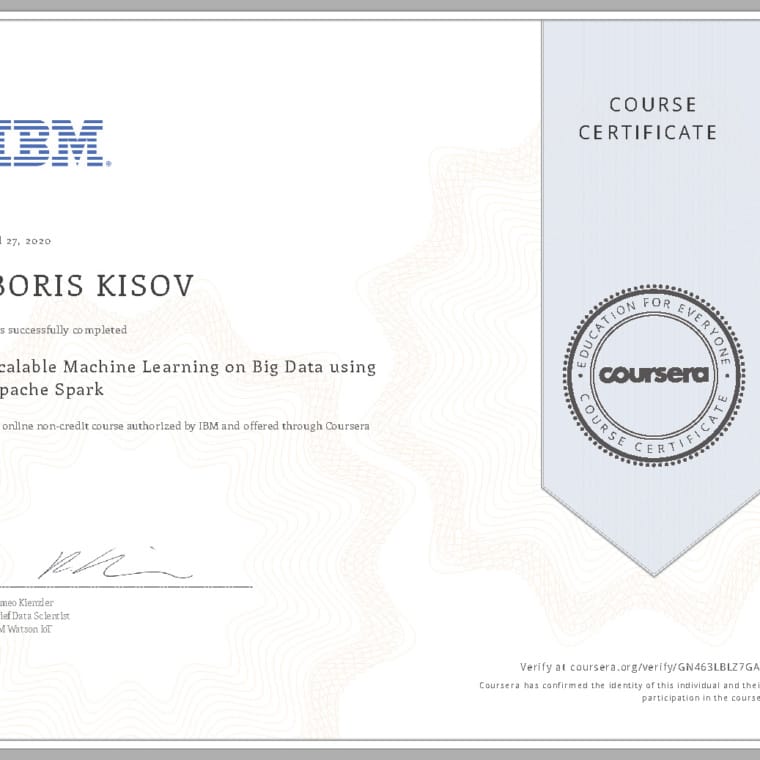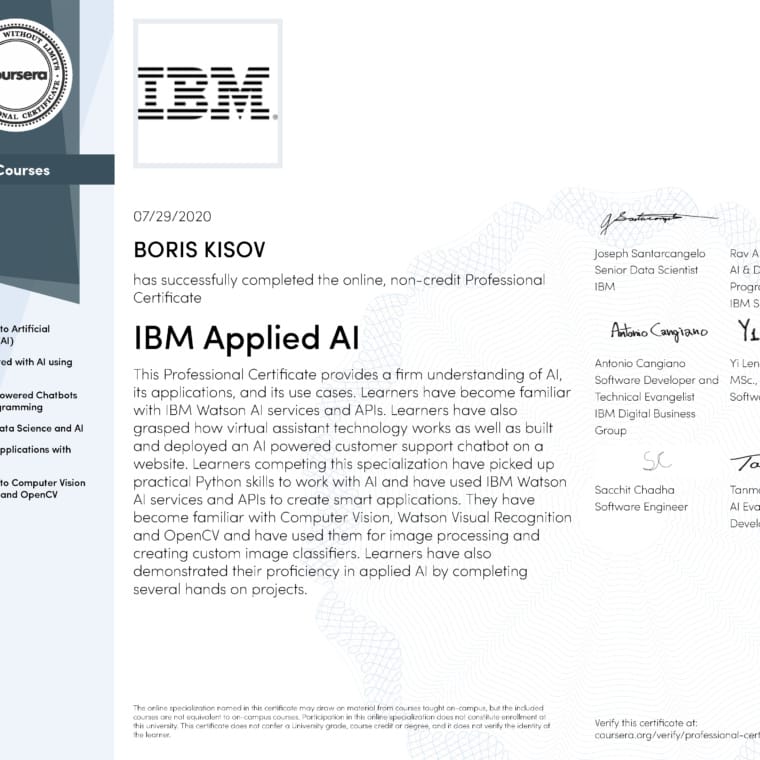Artificial intelligence (AI) refers to the modeling of human intelligence in machines that are programmed to think like people and imitate their actions. The term can also be applied to any machine that exhibits traits of the human mind, such as learning and problem solving.
The ideal characteristic of artificial intelligence is its ability to rationalize and take actions that have the highest probability of achieving a specific goal.
Understanding artificial intelligence
When most people hear the term “artificial intelligence,” the first thing they usually think of is robots. This is because movies and high-budget novels intertwine stories of humanoid machines wreaking havoc on Earth. But nothing could be further from the truth.
Artificial intelligence is based on the principle that human intelligence can be defined in such a way that a machine can easily imitate it and perform tasks ranging from the simplest to the most complex. The goals of artificial intelligence include learning, reasoning, and perception.
As technology advances, the previous tests that defined artificial intelligence become obsolete. For example, machines that calculate basic functions or recognize text through optimal character recognition are no longer considered the epitome of artificial intelligence, as this function is now taken for granted as an integral function of the computer.
AI is constantly evolving and bringing benefits in many industries. The machines are connected by an interdisciplinary approach based on mathematics, computer science, linguistics, psychology, and more.
